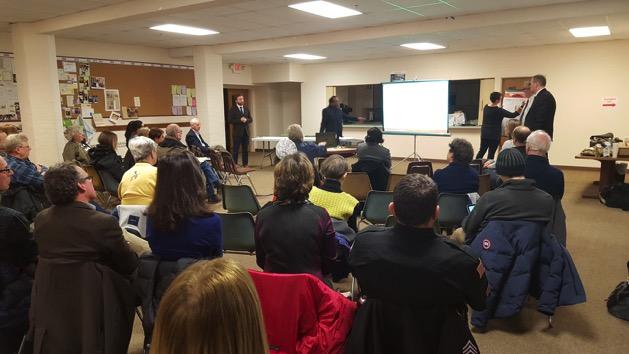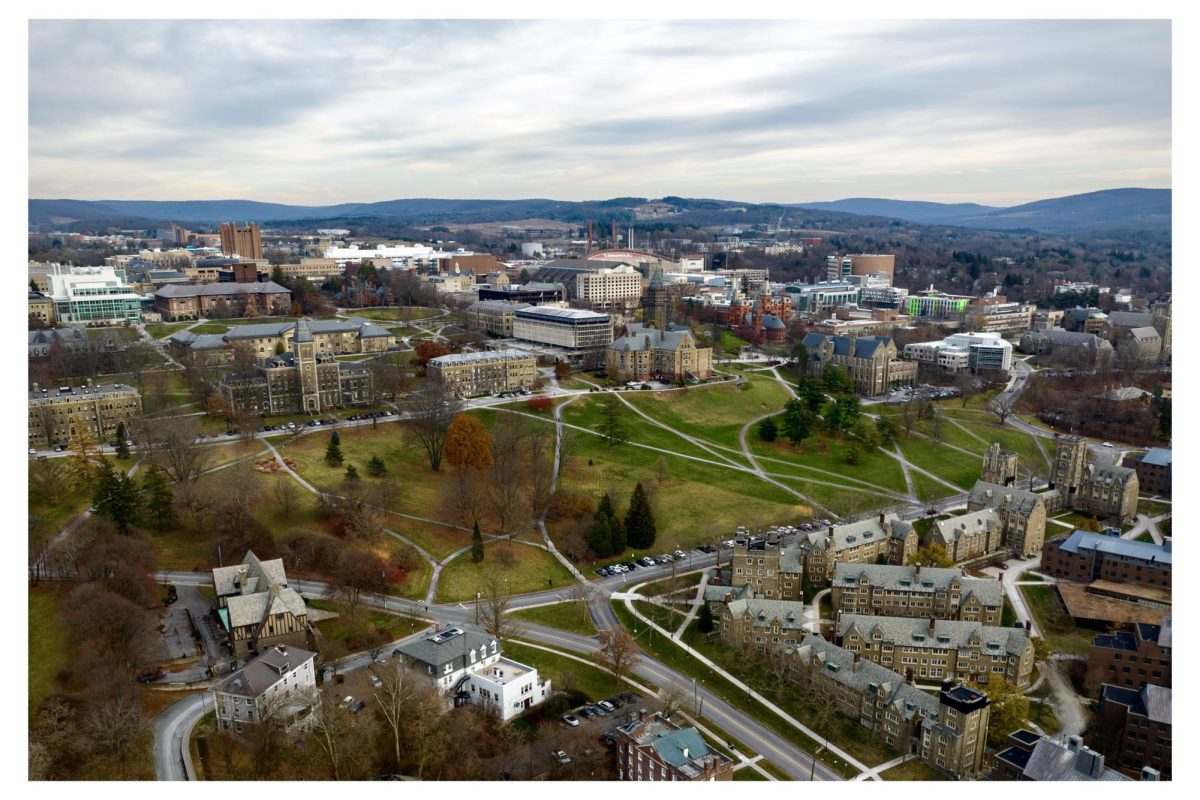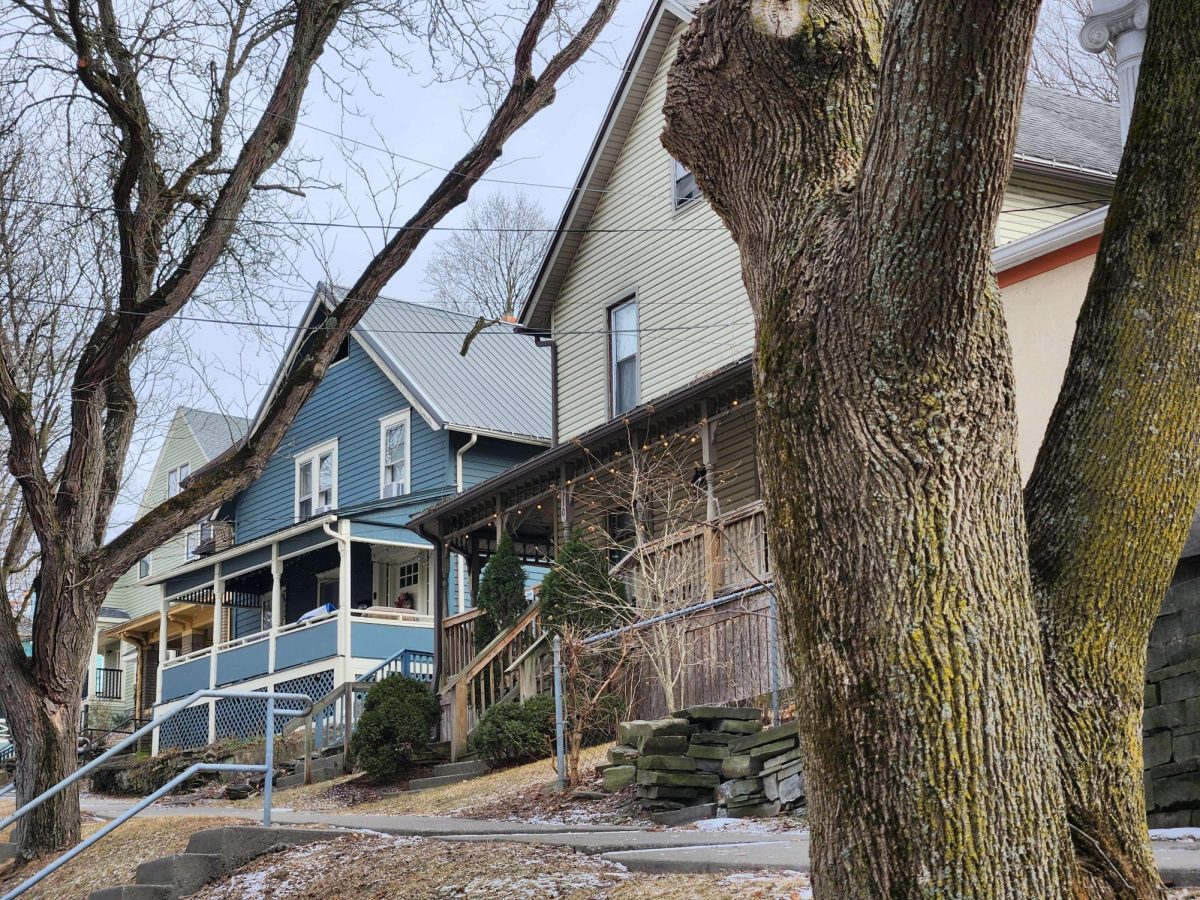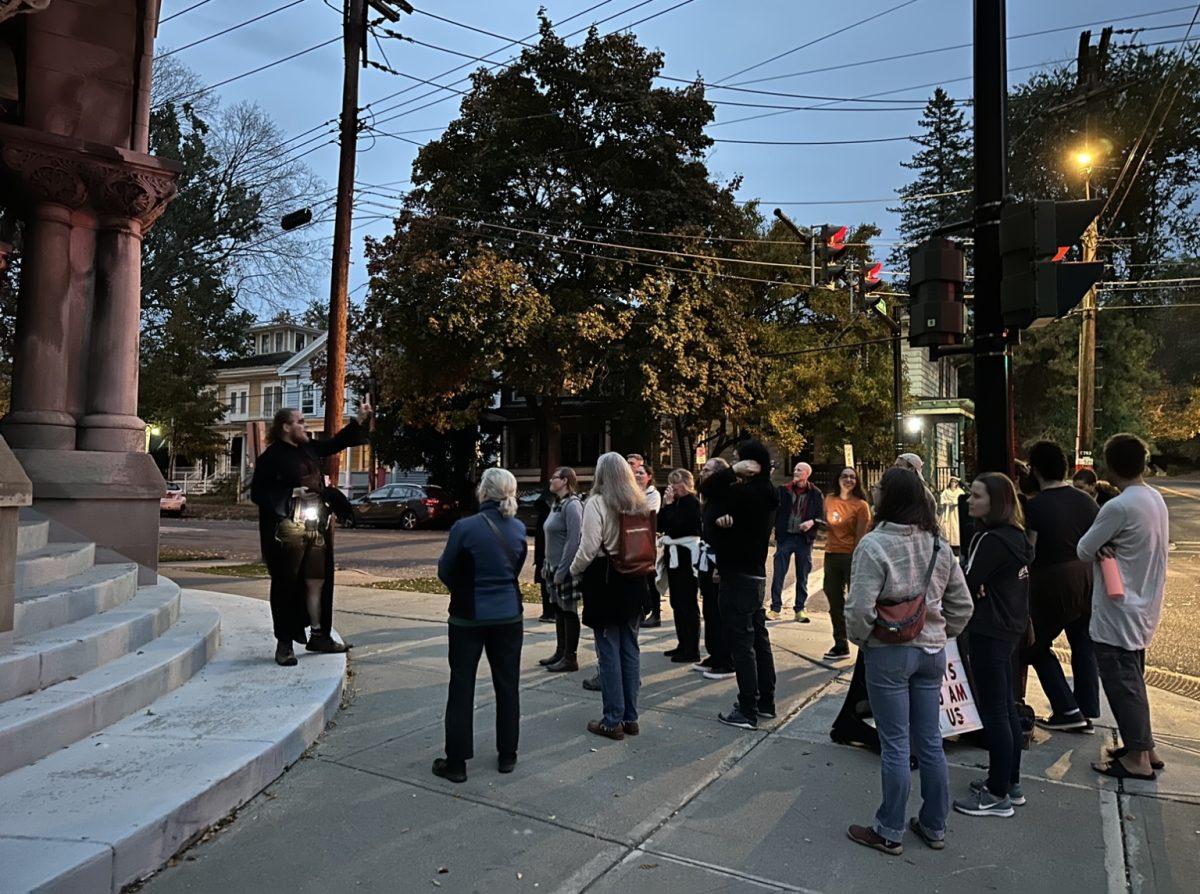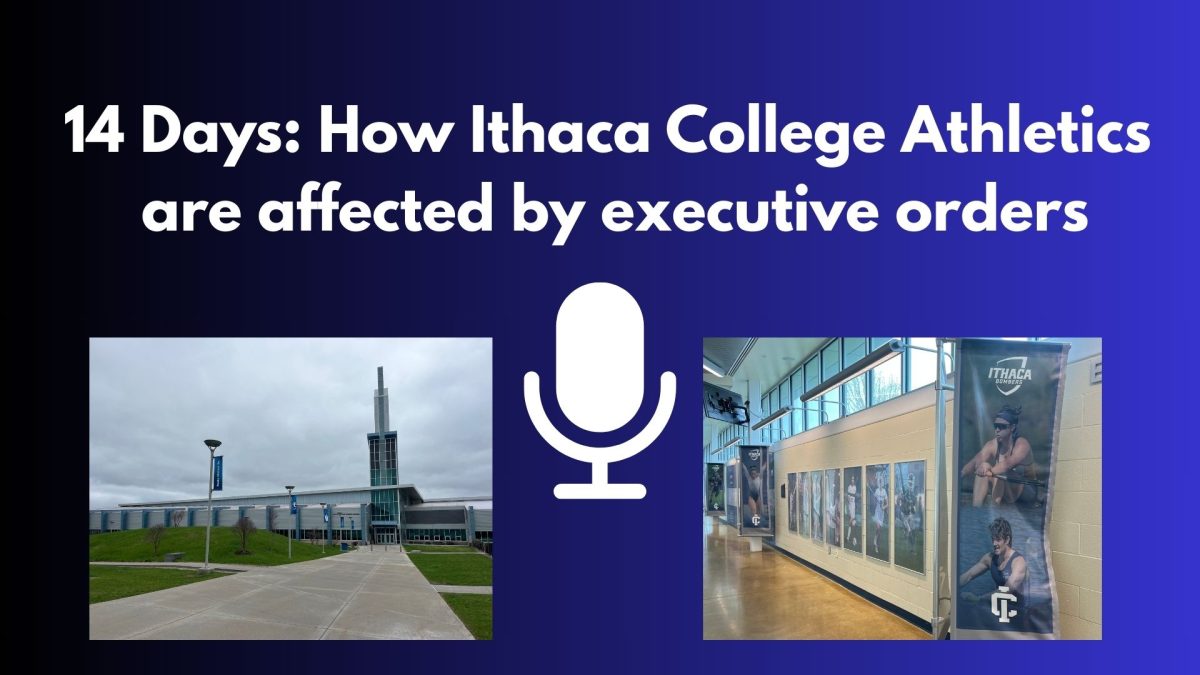In an attempt to stem overcrowding for Cornell graduate school housing, members of the community gathered at 4:30 p.m. Feb. 23 in the basement of St. Luke’s Lutheran Church to learn more about the Maplewood Graduate Student Housing project and provide feedback.
The project is a collaboration between Cornell and EdR, a company that deals with collegiate housing, as well as a design team consisting of local firm Whitham Design and international firm Torti Gallas and Partners, Inc.
Maplewood Apartments, which is currently near 100 percent capacity, will expand from having roughly 360 beds to having between 850 and 950 beds.
Jeremy Thomas, senior director of real estate at Cornell University, said Cornell would retain the land for the development, while EdR would manage the property and negotiate leases with the tenants. Thomas said the process would be collaborative and that the University would remain involved after an audience member voiced concern about “absentee landlordism.”
Sivakumar Venkataramani, a senior associate of Torti Gallas and Partners, gave a presentation about the preliminary goals of the project, as well as a rough sketch of what the property might look like. The property will contain a mix of building types such as townhouses, apartment buildings, stacked flats. The presenters all asked for community feedback.
“This is our first idea that we conceptualized,” Venkataramani said, adding that community input could change and enhance the project as it moved toward the approval stage.
The area where the project will be developed, a 16-acre lot bordered by Maple Ave and Mitchell Street, was first developed to house veterans after World War II. Those properties remained until Maplewood Apartments were built in 1989. The buildings are now being replaced because it is more cost-effective to do so than to repair the property, Thomas said.
Jeffrey Resetco, vice president of real estate development and construction at EdR, said the goal is to obtain approval for the project by Fall of 2016, and move residents in during the summer of 2018.
“This is the beginning of a process,” he said. “We are very interested in building something that is going to sustain the residents and be a part of the community for a long time.”
The company is still in the process of gathering information relevant to the development of the project. Resetco said a traffic study was currently underway that would provide insight about how many parking spaces and permits will be needed and how to safely incorporate the influx of people and pedestrians in the area. An additional consideration was maintaining the integrity of the neighborhood, since Belle Sherman Elementary School and a group of single-family homes neighbor the complex.
Venkataramani invited audience members to attend an upcoming meeting with Cornell’s Student Council, anticipated to be scheduled for the second week of March.
Community members also raised the issue of sustainability. The presenters said they were still gathering the information required to make a decision about sustainability initiatives.
“Sustainability is a priority to Cornell,” Thomas said. “We are always looking for ways to incorporate clean energy.”
Maplewood Apartments will remain under the jurisdiction of Cornell University Campus police, and will also be equipped with the blue light emergency system used at both Ithaca College and Cornell University. EdR will have Community Assistants live in the apartments and assist residents with lock-outs or maintenance issues. There will also be staff members working in the apartment facilities building six days a week, Resetco said.
Thomas and Resetco hosted a Q&A session after the presentation. Most of the concerns raised were about safety and encouraging a sense of community. As they filtered out of the room, numerous attendees of the meeting thanked the presenters for considering their feedback.

